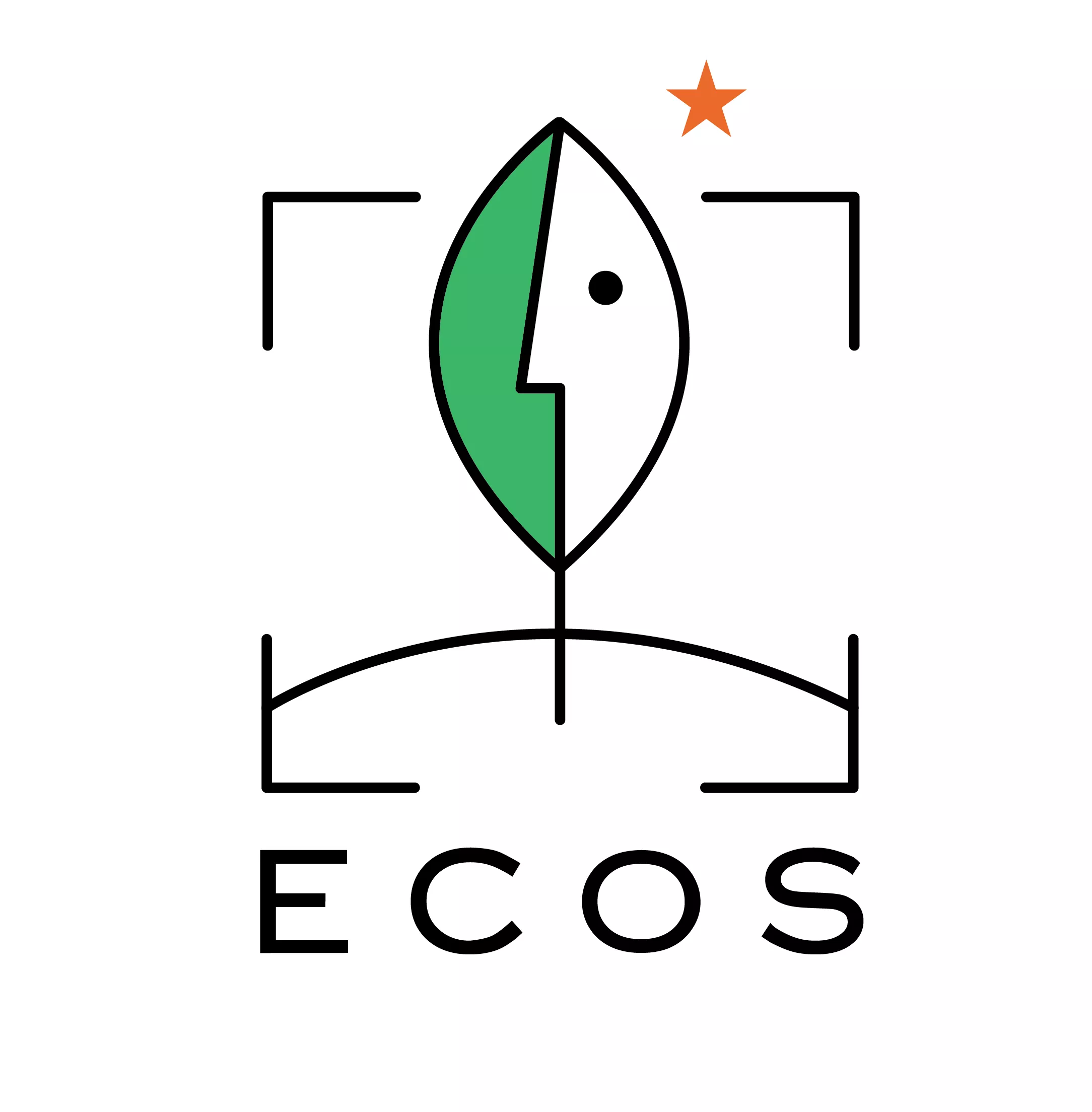Top tips on how to make your adult learning project eco-smarter

Include sustainability guidelines in your proposal
- From the very beginning of the project, have all partners agree on reducing the project’s carbon footprint
- Set your standards high and allow less environmentally-conscious partners to learn from those who are more aware of environmental issues
- Define a partner whose location is within a train ride from (most of) the other partners, and make this location default for physical project meetings
Project activities
- Think of waste reduction, reuse and recycling, energy efficiency, mobility… for every action you undertake
- Opt for online meetings and webinars, reducing the number of physical meetings and conferences
- Choose sustainable options for conference venues (energy efficiency!), catering and conference packs or freebies
- When planning your project’s communications materials, give preference to online publications
Travelling
- Locally, travel by foot, bicycle or public transport and avoid the car
- For journeys below 4 hours, prioritise travel by train and local bus once at the destination
- Where travelling by plane, consider the environmental impacts of airline and aircraft model (cf. the ICCT Airline Fuel Efficiency)
- Book accommodation close to the meeting venue to reduce the use of transport and use Ecolabel tourist accommodation when possible (see the catalogue)
Meetings
- Whenever possible, opt for e-meetings instead of physical ones
- If available, book sustainable catering services which reduce packaging and single-use plastic items
- Avoid bottled water by providing tap water in glass jugs; avoid plastic cutlery, plates and glasses when possible
- Order vegetarian menus – meat lovers will survive and you will reduce GHG emissions
- Buy products (e.g. tea and coffee) in bulk to reduce packaging
- Make sure bins are available for separate collection
- Only print what is vital and reduce paper use (print on both sides and/or multiple pages per sheet)
ECOS is the European Environmental Citizens’ Organisation in Standardisation. A network of nearly 50 members across Europe and beyond, ECOS defends the environmental interests in European and international standardisation. • www.ecostandard.org | Twitter @ECOS_Standard
Contact person: Kasia Koniecka, Communication Manager, kasia.koniecka@ecostandard.org


